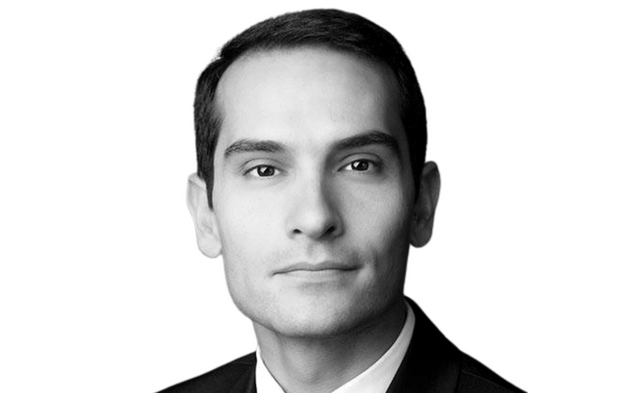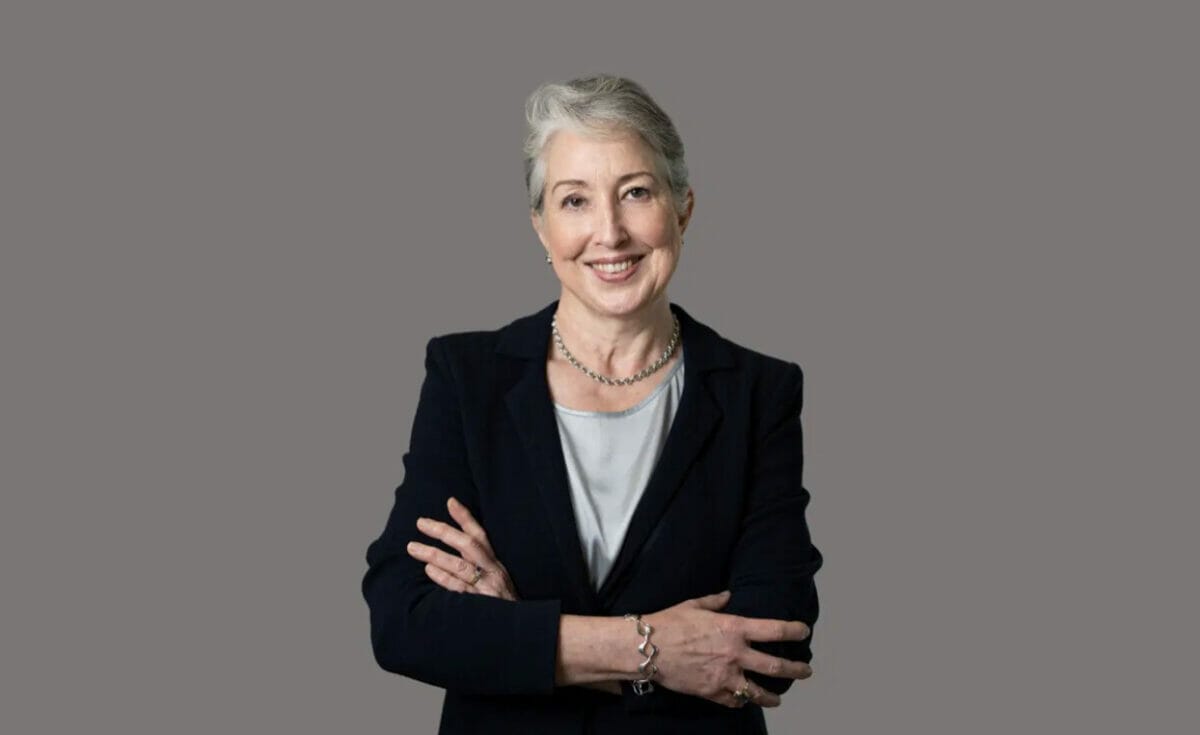ESG presents a strong opportunity for businesses to differentiate themselves, but there are a number of common mistakes businesses make along the way, according to widely respected business author and Harvard Business School professor George Serafeim.
Speaking with Fiona Reynolds, chief executive of Conexus Financial, at the Sustainability in Practice forum held at Harvard University, Serafeim said ESG is an opportunity to understand how good management and good governance can make a difference in all sectors of the economy.
Companies that tap into “animating forces” such as a strong feeling of purpose among staff will be better positioned to differentiate themselves and potentially lead the industries of the future.
Serafeim is the Charles M Williams Professor of Business Administration, and faculty co-chair of the Impact Weighted Accounts Project at Harvard Business School. He is the author of ‘Purpose+Profit: How Business Can Life Up the World.’
“I don’t adopt the exclusionary perspective, where you withdraw from things, but rather the question is one of how do you deploy skills and capabilities to improve things inside companies, and as a result drive change inside organisations,” Serafeim said.
Serafeim said there are four fundamental aspects of driving change inside organisations: measurement, analysis, strategy and communication.
Unfortunately many companies have “made the fundamental mistake of starting from the fourth step and allowing for reporting to drive strategy, rather than the other way around.” Under pressure to become transparent, being reactive to this pressure can lead to the wrong business decisions, he said.
Management teams need to step back and look at how climate change, water related issues, safety-related issues, workforce inclusion concerns and other issues are affecting their businesses. These issues are not equally important for all companies, and the adaptive capacity of different management teams differs dramatically as well.
A typical mistake companies make is they “are trying to make the measurement perfect,” this takes too long and they get stuck at this point. An 80/20 approach, instead, would involve the company saying “that’s good enough, we kind of understand where we are,” and then pressing forward.
Next the company needs to engage the management team into analysis of the findings, and a typical mistake at this point is management teams move quickly from measurement to strategy without properly analysing.
“Not every metric actually matters from an analysis perspective,” Serafeim said, and different businesses have different levels of sensitivity to the same information, with some able to be more adaptive. Some sectors and regulatory regimes may allow large values to be passed down the value chain.
When it comes to developing strategy, this sometimes becomes confused with operational effectiveness, he said. “Strategy is not about that,” Serafeim said. “Strategy is about what makes you unique and allows you to have a unique competitive positioning. A lot of the ESG issues that we have found in our research are actually operational effectiveness issues.”
These operational effectiveness issues are quickly codified as best practice and “get imitated pretty fast” leaving behind the question: “How are you differentiated?”
Then on the communication front, another mistake a lot of companies make is doing a lot of communication about efforts and intentions, rather than about outcomes of those efforts and intentions.
“I think there is a trap there which is in the ESG space, a lot of what is getting measured is actually effort rather than outcomes,” Serafeim said. “What creates value at the end of the day is the outcomes that you’re achieving, not how much you’re spending. In fact what you would want to have is the highest ratio of outcomes to effort, right?”
There will be a tremendous business opportunity over time for differentiation in various markets, he said, pointing to Norwegian waste management company Norsk Gjenvinning which went through a difficult transformation to ultimately emerge as an industry leader with best-in-class practices that attracted top talent and high-reputation brands.
“Transformation can happen in many organisations, and the fuel of that is purpose, that actually you’re doing something that people feel very strongly about,” Serafeim said. These “animating forces” inside organisations are different to things that are “a simple process to imitate.”
Looking ahead at impact reporting, there are lessons in looking at accounting statements and reporting standards which were a contested idea 100 years ago, Serafeim said. Companies baulked at the idea of revealing their assets, sales and accounts receivable, but now it is impossible for investors to imagine being without those things.
Measuring impact is similarly in its early stages now, Serafeim said, with “something that will look like a minimum viable product” to appear soon, and then ongoing improvements that could take 100 years.



